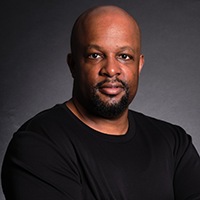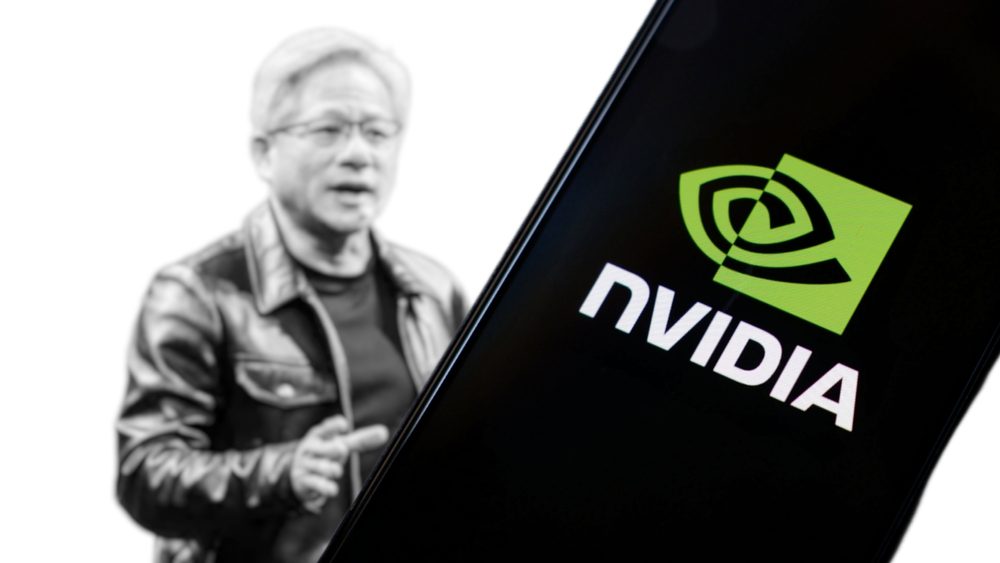The digital space moves so fast, that a notion of a set release schedule has become a foreign concept. It’s not like cars where you have not only different models, but each model has a model year. This suite of products offers the manufacturers a great chance to plan minor and major overhauls on a set schedule years in advance. That’s pretty hard to do in a world where so much of what gets done is reactive. You can have all the best ideas but be forced to abandon them almost in a heartbeat. The only way around that is when you reach a certain point where, like DreamForce you have such an engaged audience that lives and dies by the platform or Apple which enjoys the halo of a technology company with the physical product cycle of a more traditional product manufacturer.
Somewhere between the more straightforward shareholder meeting and Apple’s World Wide Developer conference sits Facebook’s experience. Their platform reached a level of prominence in the programming community where the company needed to start having its own event. An overall industry still makes sense, but for the company to truly capitalize both strategically on the corporate buzz as well as more tactically mobilize the developer base, it had to control the environment and messaging. That’s what the company’s F8 event, taking place today, is all about. Tickets to the event sold out about as fast as those to I Heart Radio festival also taking place today. I sat next to someone who couldn’t get tickets and it required the Chairman of this billion dollar business to call up a favor and get this person in.
While Facebook doesn’t enjoy the manufacturer’s product life cycle like Apple does, they too have begun to use their conference to announce significant product enhancements. Many people claim that this event ranks among the most important as the company hasn’t had a truly meaningful release since the Like button more than a year ago. As to what Facebook unveils, the pre-launch consensus centered around content consumption and sharing, adding music and television to the preexisting suite of photo sharing and status sharing. Reading the Business Insider list as to their predictions, which spans everything from an iPad app to increased emphasis on Facebook credits, you can’t help but gravitate towards a saying that noted internet analyst Lou Kerner coined while talking about Facebook. He called it “the second internet.”
Reading through the pre-announcement list, if even half of the predictions come true, the business starts to feel eerily like AOL in the mid 1990’s. For those who remember the original AOL, it truly was the internet. There was no browser. It was the walled garden much like cell phone content pre-mobile web. You connected to the internet via AOL and all your activities took place within the confines of AOL. As it was still early at the time, some things didn’t take place like commerce, but for just about anything else, the only thing that mattered for a brand was their integration and inclusion in AOL.
We may not have entered an exact parallel because there are so many other sites and services outside of Facebook that people will use, but everything we seem to read has Facebook creating services to make it hard for people to need to leave Facebook. The site not only has their entire social graph, but it will soon be their social graph. They are making more than just an identity play but what can only be described as another version of the internet. Like Google, most of the services don’t appear to have any immediate revenue potential – think Google News or Google Docs. They seem designed simply to make sure your online life revolves even further around the company. If Google is the doorway to the first internet. Facebook wants to simply be the internet.
Facebook has stated, perhaps less for grandiosity and more for focus, that it would like to become the first trillion dollar company. With almost a billion users world wide, and a current estimated value of $80 billion dollars, that goal doesn’t seem quite as far fetched as it might sound. The $80 billion puts them at half of Google’s value and just under a fifth of Apple’s value. Given that Google trades at five times its opening amount, things bode well for Facebook. If it can do what Apple has done over the past decade, then the company could pass the current world’s number one and find itself pretty close to one trillion. All fun speculation, but just as we couldn’t help think of Groupon and Webvan in the same light, we can’t help but wonder where we are in the second internet bubble and what path Facebook will take once they finally go public and have money in the bank. Will we see a similar outcome as AOL where they acquire a more traditional company only to years later be a standalone entity once again at a fraction of the size and value? That’s the question now. Facebook clearly has incredibly lofty ambitions, but the track record for large high flying consumer internet companies is spotty at best. We thought the answer was to continue to focus, like Google, on serving businesses. The current trend is focusing more on consumers spending their time. It may or may not work. Perhaps the best thing it has done is to draw Google into a battle that can’t be won.
 Network
Network

